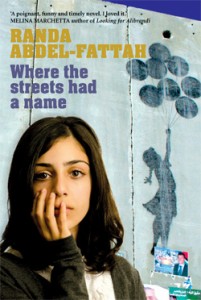 In a moment of stupidity, John’s life changes course. His happy self-indulgent existence, as a school boy enjoying a comfortable home and cruising along at school, comes to an abrupt end. He is expelled from school and will face criminal charges – all over a few photos he shared with his mates.
In a moment of stupidity, John’s life changes course. His happy self-indulgent existence, as a school boy enjoying a comfortable home and cruising along at school, comes to an abrupt end. He is expelled from school and will face criminal charges – all over a few photos he shared with his mates.
Understandably, his parents are horrified by the prospect of their son being sent to gaol. They both question where they may have failed to reach him and guide him as a teenager. The difficulty for his dad is that he, Peter, is at work at Mawson Station in the Antarctic – and not likely to be heading home for some time.
From the icy and challenging environment of the ice station, Peter Harvey writes to his son in an effort to try to advise his future choices as John’s trial looms closer. Interesting parallels are drawn of the challenges faced by early explorers to South Pole, as well as the daily challenges faced by those at Mawson, and are reflected within the episodes occurring in John’s life at home, as the consequences of his actions become real.
No longer attending a private school with his mates, John starts work as a labourer for a bullying boss, Ben’s dad, and begins to realise what he has lost. He continues to party hard and seek quick thrills. He admires Ben’s slick car and the status it offers, and dreams of owning something similar. But dreams can sometimes turn into nightmares. (Indeed, Ben’s life isn’t as rosy as John first imagined.)
Away from home, his father continues to struggle with his absence from his family at this time of need, and calls on significant others to help his son. Uncle Geoff, and JJ, his grandfather, provide John with physical presences and seek to help him make sense of his predicament. In his own world, Peter seeks help and advice from his work colleagues – all of whom share differing perspectives, which Peter in turn shares with John in his stream of regular emails.
Blizzard Lines (as noted in its blurb) slips between two worlds. John’s world, once comfortable and easy-going, has become a place of stress, angst and danger. Peter’s world is isolated and distant from this, while the people he works with provide insight, comfort and concern.
As things change for both of them, we view conflict and peace, mistakes and choices; and nod knowingly to the feelings experienced by the many of people impacted in this tale. Tim Hawkes has developed real characters, tied them all together in situations which today’s teenagers could very well face. Added to this, he cleverly mixes in some interesting snippets of history, and facts about contrasting worlds in which people live and work. And he describes how different people cope in these different worlds.
Reading Blizzard Lines, you should wonder: Who will grow in character from their experiences? what can be learned? and importantly, who will listen? (and what might the reader take from this book?)




